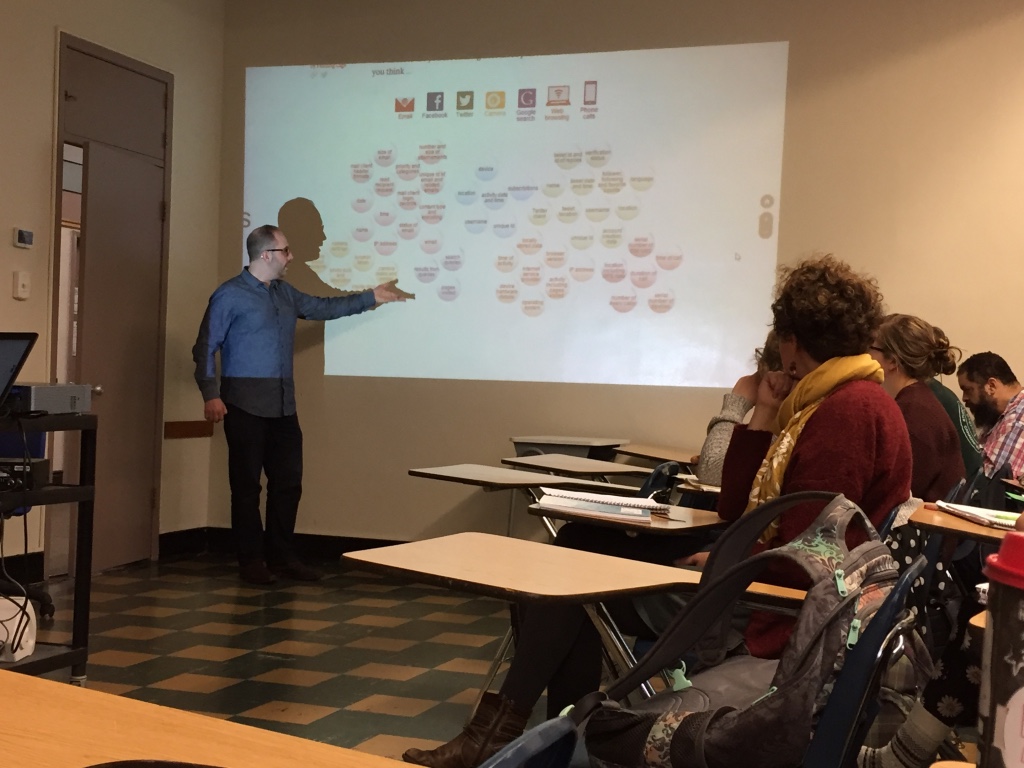When I entered university, I had my plan all set. I was going to spend a couple of years at CMU taking science courses, and then get a degree in Kinesiology elsewhere. That plan didn’t last long. It took me only one year to realize that a degree in the sciences was not for me. It was not that I did poorly in the sciences, but it just wasn’t something I wanted to make a career out of. Having always enjoyed writing, I decided to try some communications and media classes in my second year. That change in direction turned into my major.

Studying communications is not like studying anything else. Whereas most majors in the sciences and arts look at the final product of information, communications studies stops before making it to the final product, to study how that information gets relayed and passed along.
With courses on radio, live streaming, sound production, video making, journalism, and graphic design, CMU gives a broad sweep of different technical skills that are valuable to anybody who wants a job in communications.
There are many ways to relay messages in today’s age, and CMU does a fantastic job of introducing students to many of those forms. With courses on radio, live streaming, sound production, video making, journalism, and graphic design, CMU gives a broad sweep of different technical skills that are valuable to anybody who wants a job in communications. In talking to various communications professionals, it’s obvious that multimedia is important in today’s world, so learning a variety of skills is important.
CMU enables communications grads to not only produce content, but to actually think critically about what they and others are producing, and what the effects are on society.
CMU doesn’t merely teach you the “hard” skills of communications, though. They focus on the “soft” side as well. You get to analyze why you use these skills, and how to use them in an ethical and life-giving way. Through learning about things like new media, Christianity in the mass media, and politics in the mass media through theory courses, CMU enables communications grads to not only produce content, but to actually think critically about what they and others are producing, and what the effects are on society.

On top of all this, a communications degree at CMU is not just a two-year program that teaches you only about communications. You need to take electives and courses outside of your major to fulfil the degree. This forces you to study other topics, and see how other disciplines look at the world. And as communications professor David Balzer said to me, “You’ll never communicate about communicating in the real world. You’ll communicate about business, biology, mathematics, psychology, and so on.” Good communication doesn’t just require knowledge of how to relay a message; it requires knowledge about what you’re talking about.
Combining all that you learn in the class with a practicum placement really rounds out the program. I have spent time at practicums first at Manitoba Public Insurance and now at True North Sports + Entertainment this year, and both experiences have allowed me to learn lessons I never would in the classroom.
The communications program helped me to realize the direction I want to go for a career in communications, and I’ve seen myself grow as a communicator to the point where I feel confident I’ll find work after graduation.
Jason Friesen is our lead blogger, and he’s in his final year of a Communications and Media degree at CMU.

